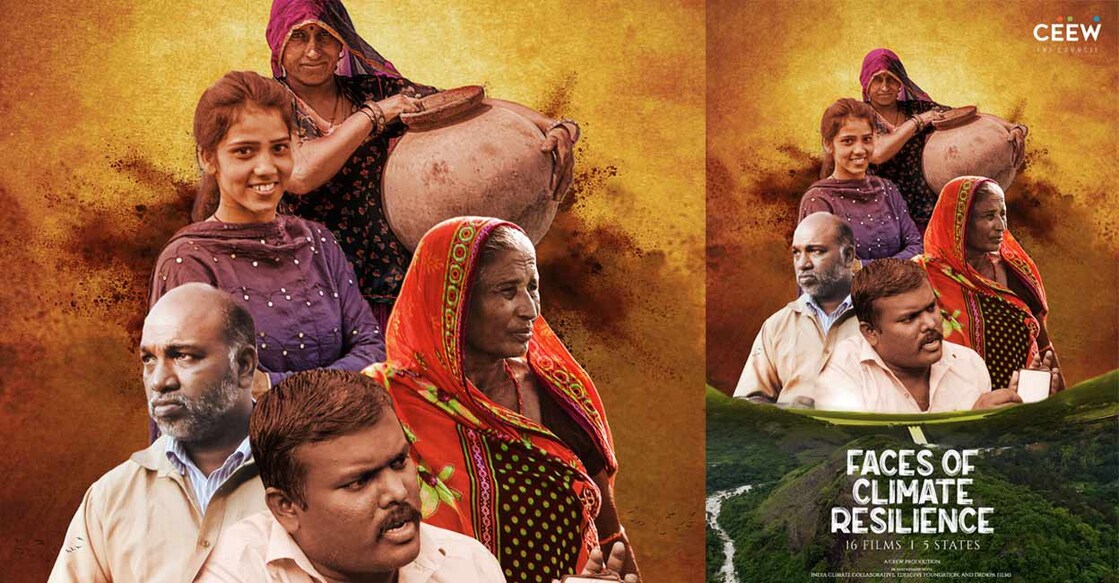Faces of Climate Resilience:16 documentaries on India's changing climate story

Mail This Article
Voices that echo the truth about climate change are often drowned away even as the sea claims more and more homes and the ground beneath our feet crumbles away.
A new short documentary series 'Faces of Climate Resilience' by think-tank Council on Energy, Environment and Water (CEEW) and Drokpa Films portrays the lives and livelihoods affected by climate change.
The project, in partnership with India Climate Collaborative, Edelgive Foundation, and Drokpa Films strives to make climate change more tangible beyond data through the lived experiences of people. The focus is on how individuals and communities are building climate resilience.
In a period spanning over nine months in 2021-22, these documentary makers covered some of India’s most climate-vulnerable states — Kerala, Maharashtra, Odisha, Rajasthan, and Uttarakhand — and captured 16 diverse stories.
The stories include a women's collective in Odisha replanting trees along a cyclone-prone coast, a mahila mangal dal in Uttarakhand working with local forest officials in combating forest fires, and a youth group in suburban Mumbai sensitizing slum dwellers about climate change and more. As a common element, all films put forward an angle of resilience that the communities are adopting in the face of climate change.
Starting on August 5, the films are launched every week and will continue till the COP-27 in Egypt, which is themed around climate adaptation and resilience this year.
The project was implemented by Drokpa Films with Shawn Sebastian in the directorial role.
Watch the first film Picking up the Pieces: How Idukki is rebuilding life after 2018 Kerala floods.
Watch the second film Uttarakhand's Young Water Scientists: How students are leading spring conservation
Third Film: Nurturing a Forest: How SHGs in Puri scaled nature-based solutions against climate risks

